Good morning, it’s Tuesday, September 9th. In today’s news, A two-tiered Canada punishes citizens while foreign workers remain exempt, Feds identify nearly 500 ways to cut red tape—all of which they created, Elections Canada rejected 43,000 ballots as ‘arriving late,’ Democrats favour socialism over capitalism for the first time, and much more.
First time reading the daily blend? Sign up here.
A Two-Tier Canada: Citizens Punished, Foreign Workers Exempted
During the pandemic, Canadians were told that vaccine mandates were a matter of public health, fairness, and necessity. Millions of citizens complied under duress—while those who refused often paid with their jobs, their social standing, and their basic freedoms. Yet at the very same time, Ottawa was quietly carving out exemptions for unvaccinated Temporary Foreign Workers (TFWs).
The government justified this double standard in the name of “food security.” Roughly 72,000 seasonal agricultural workers arrive each year from Mexico, Guatemala, Jamaica, and the Caribbean, and Ottawa argued their labour was essential to keeping food on Canadians’ tables. So while millions of Canadian citizens were banned from boarding planes, trains, and buses, unvaccinated TFWs were permitted to fly home on commercial flights until at least August 31, 2022.
This is where the hypocrisy becomes impossible to ignore. If the government’s priority was truly food security, then why were tens of thousands of Canadians forced out of work for declining the vaccine? From healthcare workers and truckers to public servants and soldiers, Canadians across sectors lost livelihoods, benefits, and careers. Some took the vaccine under coercion and suffered permanent injuries. Families were divided, communities fractured, and citizens reduced to a second-class status, barred from restaurants, gyms, universities, and even visiting dying relatives.
What could be a greater threat to food security than mass unemployment and the erosion of a nation’s skilled workforce? If keeping workers in the field was critical for migrant labour, why wasn’t keeping Canadians on the job equally critical? The logic collapses under its own contradictions.
By creating exemptions for foreign workers while punishing its own citizens, Ottawa exposed the mandates as politically motivated instruments rather than science-based policy. The state admitted that the rules could bend when the economy demanded it, but not when Canadians’ rights and livelihoods were on the line. In other words: it wasn’t about health, it was about control.
A government that strips its own people of freedom while granting mobility to outsiders—solely because they serve an economic function—has inverted its responsibilities. Citizens were treated as expendable, while temporary labour was treated as essential. That is not public health. That is arguably criminal levels of hypocrisy. Source.
Feds Identify Nearly 500 Ways to Cut Red Tape…All of Which They Created
The federal government’s recent report on red tape—highlighting nearly 500 initiatives to streamline services and reduce duplication—reads less like progress and more like an indictment of decades of bureaucratic bloat. Ministers were given 60 days to propose ways to cut unnecessary regulations, exposing just how convoluted Ottawa’s regulatory landscape has become. While Treasury Board President Shafqat Ali touted faster drug approvals, quicker pipeline assessments, and improved trade facilitation, the reality is that these “improvements” are attempts to patch a system that has long strangled Canadian business and energy development.
Critics point out that the Impact Assessment Act, dubbed the “no-more pipelines act” by Alberta, alongside other federal rules like the BC tanker ban, has created massive delays and uncertainty for key industries. For example, small pipeline projects under 40 kilometres once took an average of 191 days for approval—now 79 days—but only because of minor tweaks, not a wholesale overhaul. Oncology drug applications are processed faster, but Canadians still face red tape at every turn, costing both time and money.
Provincial leaders and Conservative politicians argue the federal government is trying to paper over systemic failures rather than remove outdated laws that actively hinder energy, trade, and economic growth. Alberta Premier Danielle Smith called it “national economic self-sabotage,” while Conservative Leader Pierre Poilievre said anti-energy laws must be scrapped to truly unleash Canadian energy potential. In short, Ottawa’s latest red tape report shows the government has finally recognized the problem—but only after decades of bureaucratic overreach that have slowed projects, inflated costs, and stifled prosperity. Let’s hope this actually leads to real efficiency and meaningful progress. Source
Elections Canada Rejected 43,000 Ballots as Arriving Late
Elections Canada has confirmed that more than 43,000 mail-in ballots in the 2025 federal election went uncounted. Officially, these ballots were marked “late,” arriving after the 6:00 PM cutoff on April 28. That deadline is hard and fast: no matter when a ballot was sent, if it reached Elections Canada even a minute past closing time, it went straight into the refuse pile.
On paper, that seems straightforward. Some Canadians inevitably mailed their ballot too late to arrive on time. But here’s the real problem: Elections Canada has no tracking system to distinguish between ballots genuinely mailed at the last minute and those caught up in postal delays or procedural errors. Canada Post backlogs, international mail routes, or even Elections Canada’s own handling could have turned a valid vote into a discarded envelope. Yet all are lumped into the same category—“late.”
That lack of transparency undermines trust. Out of 618,000 mail-in ballot kits issued, 466,000 were counted. Roughly 118,000 went missing from the tally altogether, and 43,455 of those were explicitly rejected as late. We know many of those were mailed on time. We just don’t know how many, because Elections Canada doesn’t know either.
And this wasn’t the only irregularity. In Terrebonne, Québec, a recount overturned the result by a single vote, with at least one special ballot tossed out due to an Elections Canada printing error. In Coquitlam–Port Coquitlam, more than 800 ballots from 74 ridings were stranded at a local office past the deadline and automatically excluded. Ontario alone saw more than 51,000 special ballots never returned or never counted.
Each of these failures might seem small in isolation. But in an election where recounts hinged on one vote, and where razor-thin margins decided seats, these “administrative errors” matter. At minimum, Canadians are left wondering how many voices were silenced not because of apathy, but because of bureaucracy and logistics.
Elections Canada insists the process was sound. Yet a system that cannot tell the difference between a voter who mailed late and a voter whose ballot was delayed by Canada Post is a system designed to leave questions unanswered. And when those questions pile up into tens of thousands of discarded ballots, Canadians are right to ask whether their democracy is running on broken machinery. Source.
Poll: Democrats Favour Socialism Over Capitalism for First Time
Support for capitalism in the US has fallen to 54% (down from 61% in 2010), while socialism climbs to 39%, with Democrats showing the strongest shift—66% favour socialism versus 42% for capitalism. Americans still strongly back small businesses (95%) and free enterprise (81%), but trust in big corporations has dropped to 37%.
Younger voters are driving much of this change, highlighting a generational divide and fueling tensions within the Democratic Party between capitalist defenders and progressive socialists. Overall, Americans’ economic views are nuanced: they value enterprise but remain skeptical of large corporations. More
The lack of trust in big corporations is justified. However, in my opinion, this shift towards socialism is quite dangerous because it signals a rising appetite for government control over the economy, punishing success, and undermining the very free-market system that creates wealth, jobs, and opportunity—potentially dooming future generations to stagnation.
French Prime Minister Loses Confidence Vote, Triggering Collapse of Government
French Prime Minister François Bayrou lost a confidence vote, plunging France into deeper political and economic uncertainty. His minority government, part of President Macron’s fragile coalition, had attempted drastic budget measures—including freezing welfare spending and cutting public holidays—to curb the nation’s soaring debt, projected at €3 trillion. Opposition from both left and right forced his ouster, highlighting growing frustration over austerity, rising costs, and the generational burden of debt. Bayrou’s fall underscores France’s chronic political instability, leaving Macron the daunting task of steering the country through looming economic challenges while a divided parliament debates who should lead next. More
BRICS Nations Meet for Talks to Counter US Protectionism - The meeting comes as BRICS nations are forecasted to account for 34% of global GDP—Outpacing the US and EU’s combined output at 28%. More
Police In Nepal Open Fire on Protesters Outside Parliament Killing 17 - More
Labour Board to Hear Case of Teachers Terminated for Refusing to Support LGBT Beliefs - More
Ottawa Neo-Nazi Propagandist Sentenced to 10 Years in Prison for Hate Speech Crimes - Patrick Macdonald, 27, has apologized, volunteered with groups that helped minority communities and has renounced his hateful and violent ideologies, the judge said. More
I’m not advocating for a lighter punishment here, but violent criminals in Canada should face longer sentences than someone who gets a decade for hate speech—far beyond the usual ‘catch and release’ nonsense.
DHS Launches New Immigration Enforcement Operation in Chicago - ICE agents have been stationed at a military base outside Chicago to begin a contentious campaign. More
Appeals Court Upholds E. Jean Carroll's $83.3M Defamation Judgment Against Trump - Trump had argued damages were unreasonably excessive, pushed for new trial. More
Carney Pauses Electric Vehicle Mandate
Canada is postponing the 2026 electric vehicle (EV) sales mandate, originally requiring automakers to ensure 20% of new vehicle sales were zero-emission, in response to industry pressure and disruptions from US tariffs; the government will review the rule to avoid adding costs or job risks, after EV sales fell to 8% due to cut consumer incentives, amid broader Carney-era policy rollbacks including scrapped fossil fuel carbon taxes and withdrawn retaliatory tariffs. More
Nasdaq Seeks Rule Change to Allow Trading of Tokenized Securities - The proposal comes as the Trump administration pushes friendlier crypto policies and calls for regulatory sandboxes. More
US Economy Adds 22,000 New Jobs in August, Falling Below Market Estimates - More
Canada Allocating ‘Hundreds of Millions’ in Tariff Relief for Aluminum Sector - More
Flamingos Reveal the Secret to Slower Aging: Move More, Live Longer
A 40-year study of flamingos in France reveals that migration slows aging. Resident flamingos, which stay in the Camargue year-round, enjoy early-life advantages like higher survival and reproduction—but age faster later, with a 40% greater decline in reproductive ability and higher mortality. Migratory flamingos, on the other hand, face early-life challenges from seasonal journeys—higher mortality and lower reproduction—but this comes with slower aging in later life and a longer period of vitality.
Scientists suggest this is a trade-off between early performance and long-term health: living intensely early accelerates aging, while strategic energy investment and mobility extend lifespan. For humans, this points to a broader principle: lifestyle, activity patterns, and environmental engagement can influence how quickly we age, highlighting that longevity may depend as much on behavior and choices as on genetics. More
Scientists Just Made Gene Editing Three Times More Effective - Northwestern scientists created a new DNA-wrapped nanoparticle that makes CRISPR gene editing three times more effective and far safer. More
New Banksy Mural Strikes Blow Against Justice at London's Royal Court
Banksy’s new mural at London’s Royal Courts of Justice, showing a judge hitting a protester holding a bloodied placard, has been quickly concealed behind metal barriers and monitored by security. The artwork, referencing recent pro-Palestinian protests in the UK, was confirmed by the elusive Bristol artist via Instagram, adding to his long record of politically charged street art. More
Women’s 3 on 3 Unrivaled Basketball League Now Valued at $340M Million After More Celebrity Funding - More
1,300+ Filmmakers, Including Olivia Colman and Javier Bardem, Join Boycott of Israeli Film Companies, Stating They Are "Implicated in Genocide" in Gaza - More
CNE Casino Fined Nearly $200,000 by Anti-Money Laundering Agency - More
After Coldplay Kiss Cam Scandal, Ex-Astronomer HR Chief Kristin Cabot Divorces Husband - More
Indianapolis Lawyer Named Mark Zuckerberg Sues Meta After Multiple Account Suspensions for ‘Celebrity Impersonation’
Furious ‘Karen’ Phillies Fan Offered $5k to Apologize for Taking Kid's Baseball
On this day in 2008, the Large Hadron Collider (LHC) at CERN in Geneva, Switzerland—hailed as the largest and most ambitious scientific experiment in human history—was powered up for the first time, marking a landmark moment in particle physics and our quest to understand the fundamental building blocks of the universe.






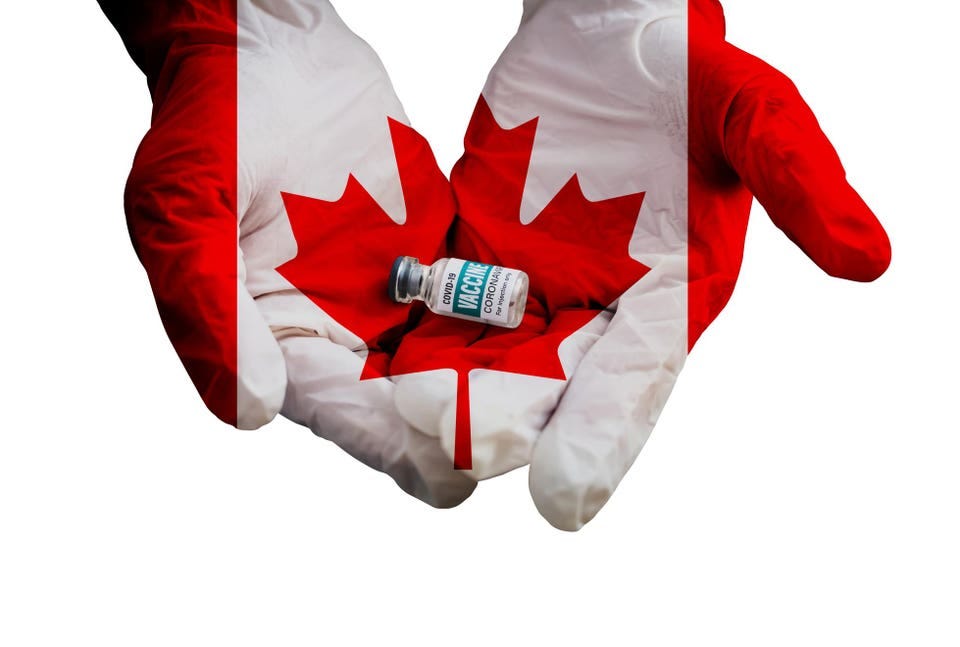
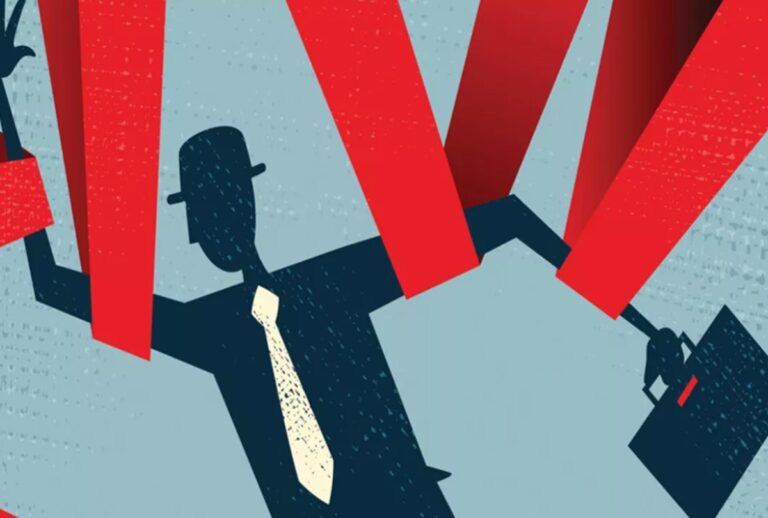
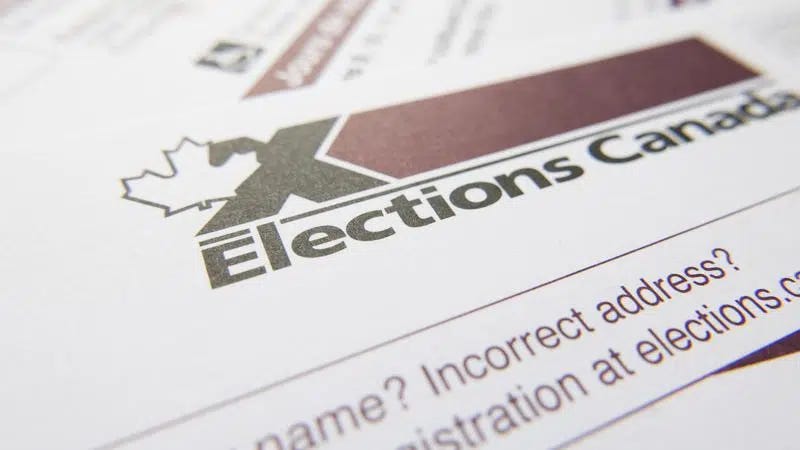

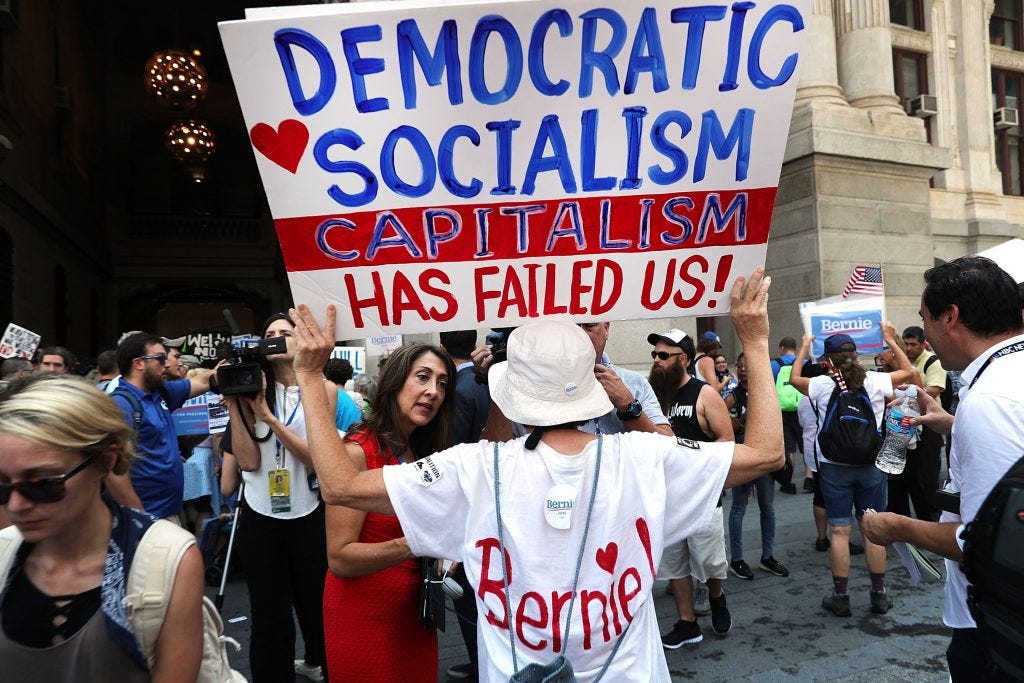


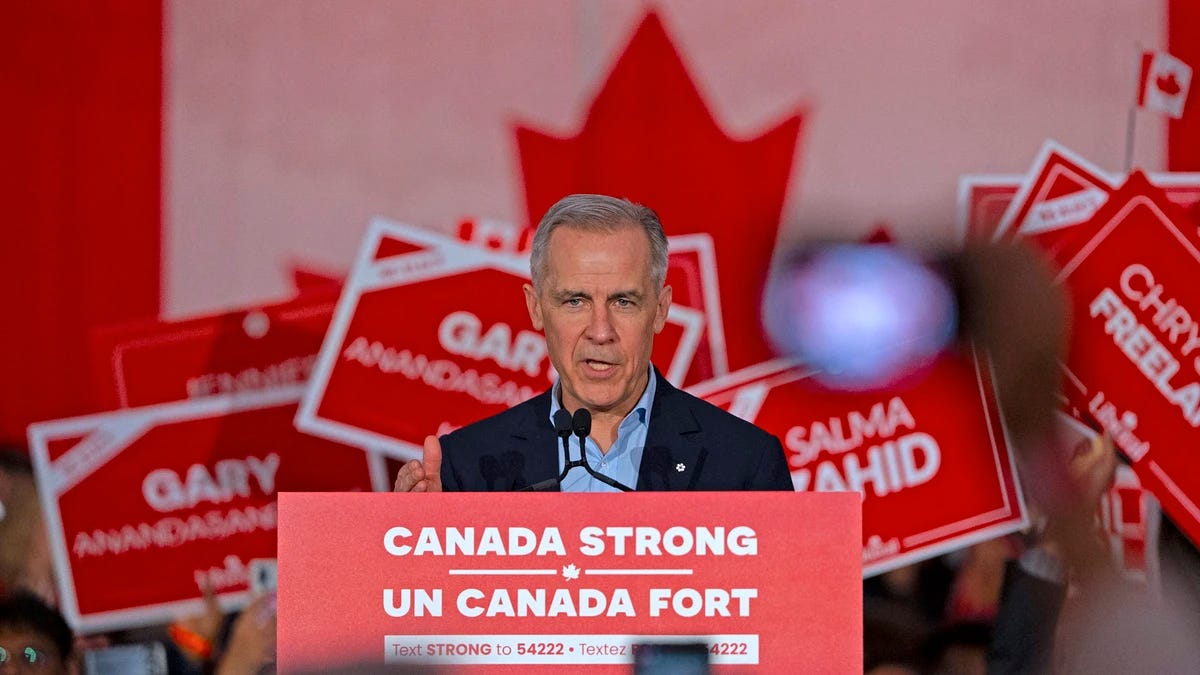



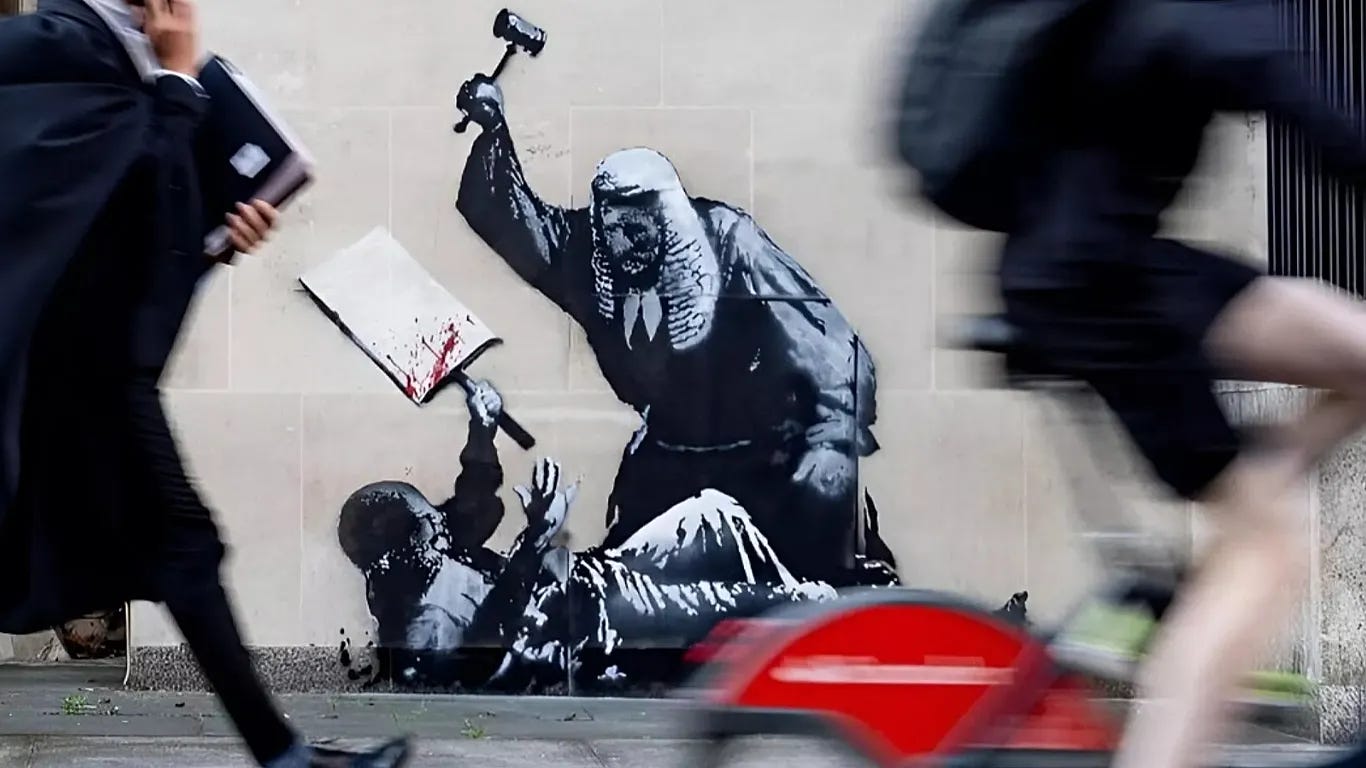

I struggle finding anything good with the Federal Government!! Ten years of decline and misery as civil servants flaunt and platform wagging fingers :(